Commonwealth Games: Most states and territories rule out bidding for ‘dead’ games
Most states and territories have ruled out bidding for the Commonwealth Games despite calls for NSW and WA to cash in on Victoria’s dramatic withdrawal as host.
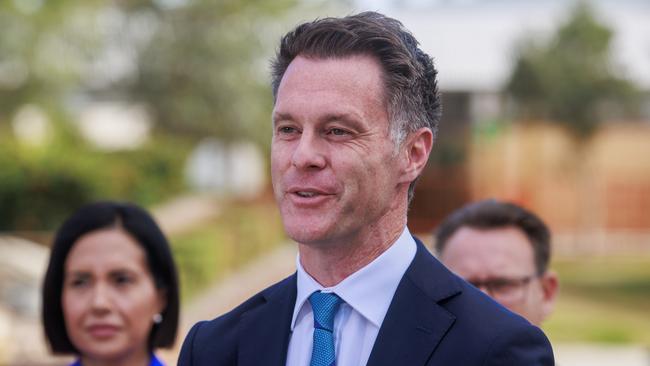
Most states and territories have ruled out bidding for the Commonwealth Games despite calls in both Western Australia and NSW for respective state governments to capitalise on the economic opportunities presented by Victoria’s dramatic withdrawal as host.
Former Victorian premier Jeff Kennett on Tuesday proclaimed the 93-year-old international sporting event dead after Premier Daniel Andrews announced the state would not host the 2026 Games, citing concerns over billions in cost blowouts.
Mr Kennett said the Commonwealth Games were no longer a relevant competition because only a handful of countries tended to win medals, including the UK, Australia and Canada. “The Commonwealth Games is dead if no one is bidding for it,” he said.
NSW Premier Chris Minns said his state was already straddled with unprecedented debt without the additional pressures brought by hosting the Games.
“We’ve got world-class facilities and of course we’re hosting the Women’s World Cup in the coming months, as well as hosting the best Olympic Games ever,” he said. “But we’ve also got unprecedented debt … and I’m not going to commit to a massive project.”
But the NSW opposition and business leaders said Sydney Olympic Park’s existing event and sporting infrastructure, built for the Olympics in 2000, could accommodate the Commonwealth Games, which presented an opportunity to promote the burgeoning western region of Sydney.
State Opposition Leader Mark Speakman said the Minns government should urgently consider bidding for the Games and utilise the existing infrastructure in western Sydney. “Our state has the best sporting infrastructure, the best sports fans and puts on the best global events,” he said.
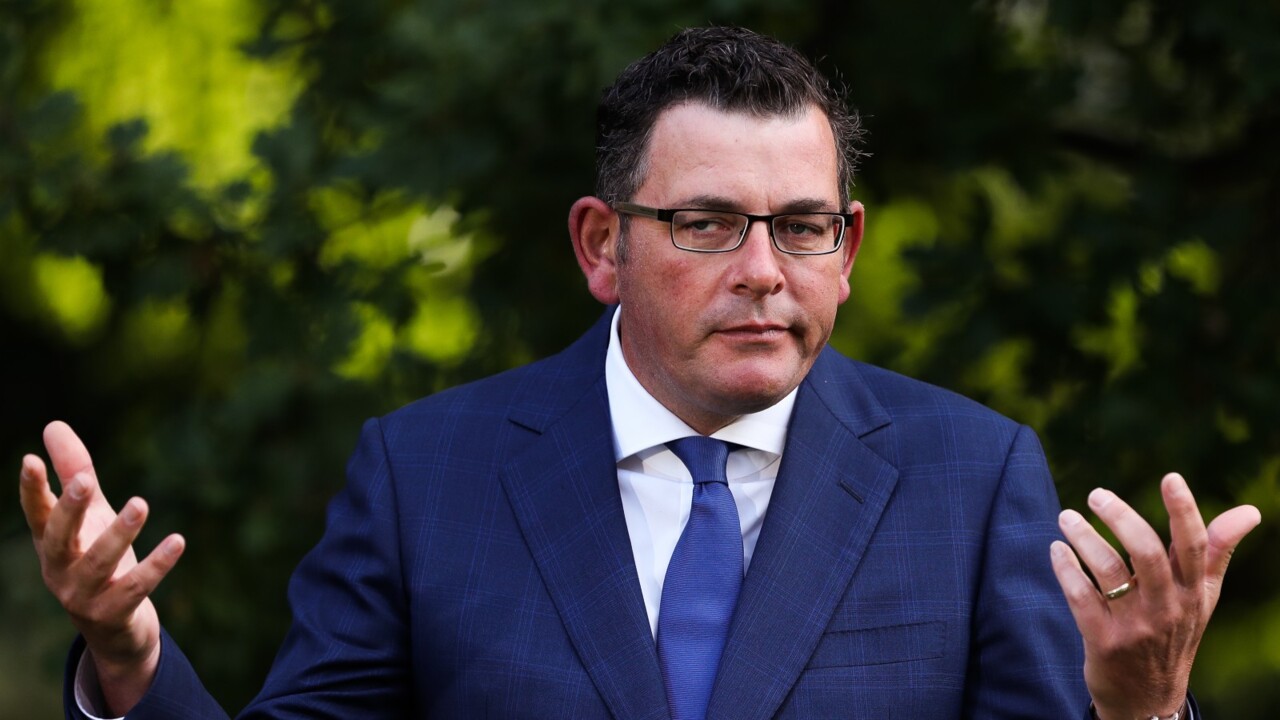
Sydney Olympic Park was built for the 2000 Olympic and Paralympic Games and its venues include 83,500-seat Accor Stadium, 21,000-seat Qudos Bank Arena and athletic and aquatic centres.
Western Sydney Leadership Dialogue chief executive officer Adam Leto said Sydney Olympic Park remained ready and waiting for a second chance to host the Commonwealth Games after first flagging interest in 2017.
West Australian Premier Roger Cook said the Games were a “ruinously expensive” short-term sugar hit likely to cost the state more than Victoria’s $7bn estimate. “The Commonwealth Games aren’t what they used to be, and as a result … they don’t provide the return on investment,” he said.
“They are highly expensive and while they attract people for a 12-day sporting festival, they don’t provide sustained growth and sustained outcomes in terms of the economy.”
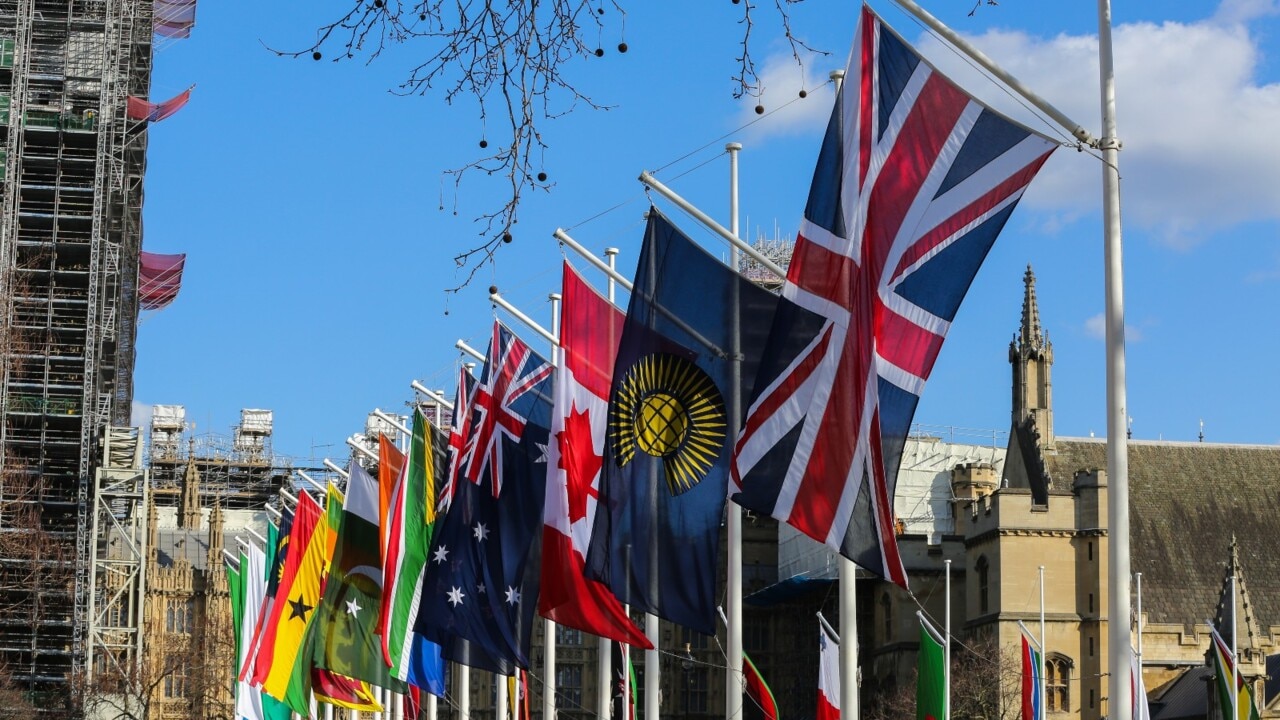
Instead, he said, WA had a strategy focused on bringing regular major events to the state.
English Premier League teams Tottenham and West Ham are in Perth for friendlies, while the WA government paid to secure the only Australian shows on the world tour of band Coldplay.
However, Perth Lord Mayor and veteran broadcaster Basil Zempilas said WA could host the Games for a fraction of the cost and Victoria’s shock decision had given WA a “once-in-a-lifetime opportunity”. He said the predicament facing the Commonwealth Games Federation meant Perth could dictate exactly how it would host the Games.
Queensland Premier Annastacia Palaszczuk said her state could not take on another international sporting event after committing to the 2032 Olympics and Paralympics, for which $7bn had already been secured in federal funding.
South Australia, the ACT and NT confirmed they would not bid for the Games. The office of Tasmanian Premier Jeremy Rockliff did not respond before deadline.





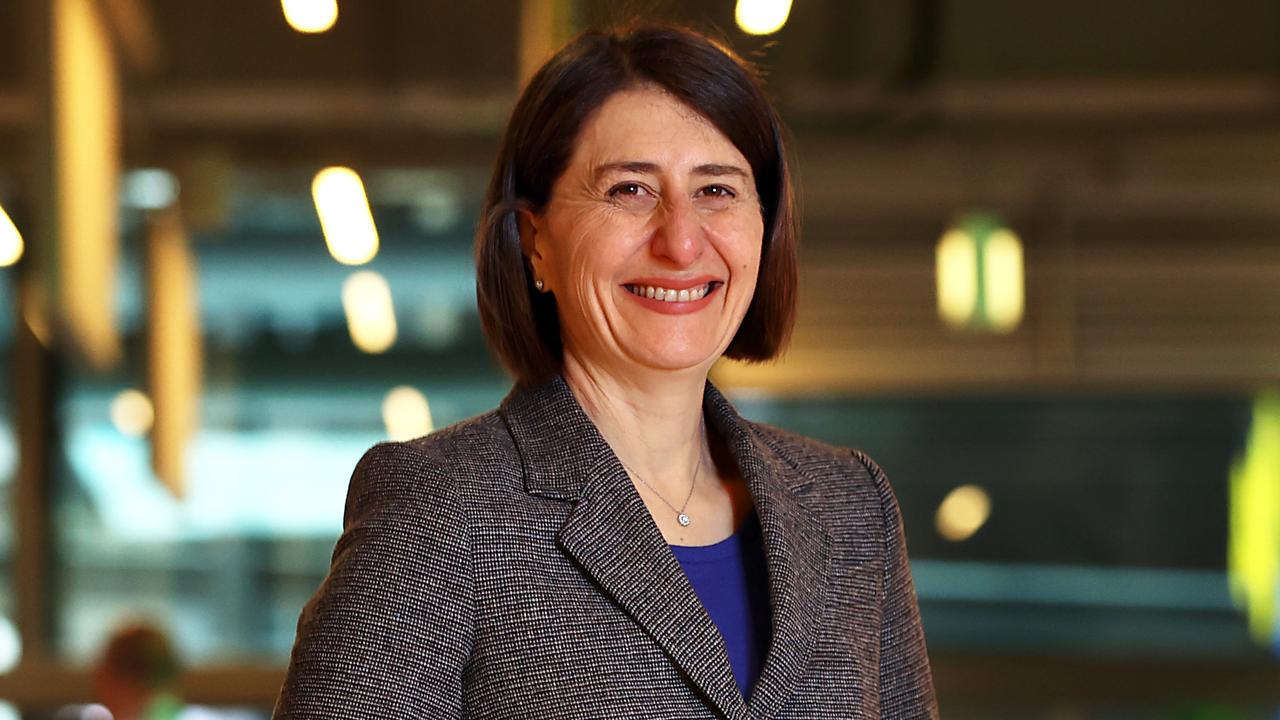
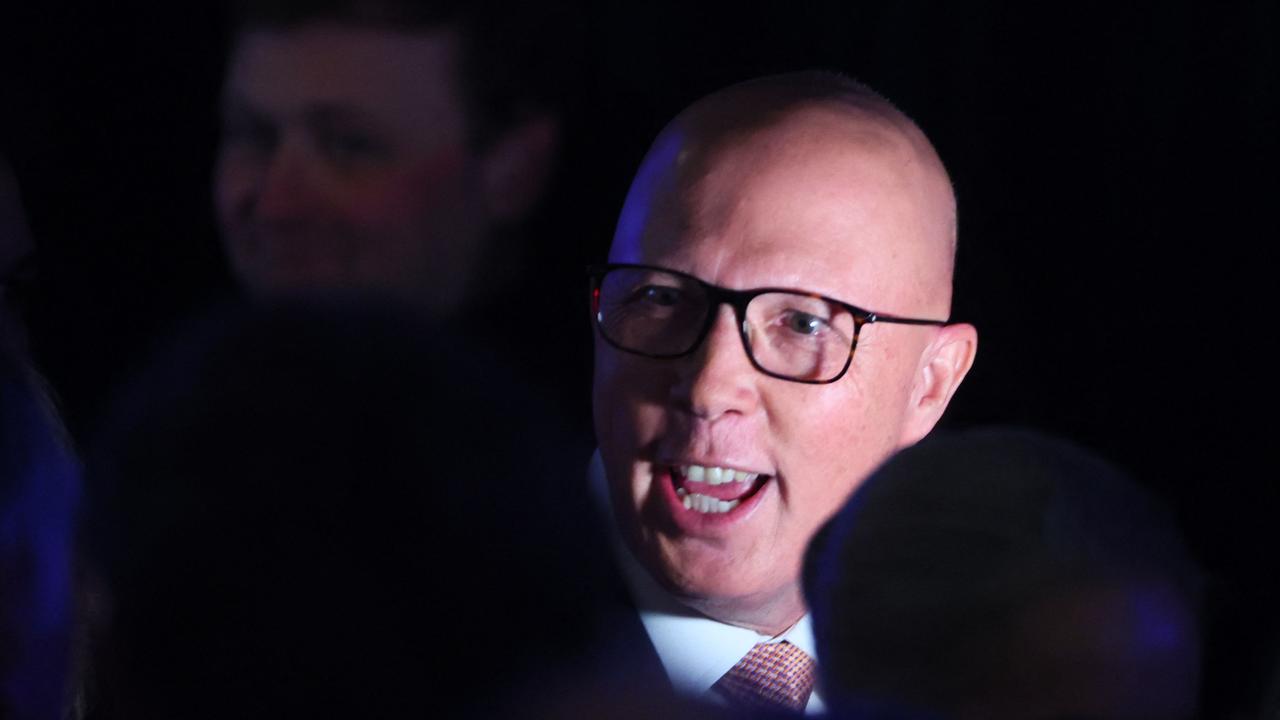
To join the conversation, please log in. Don't have an account? Register
Join the conversation, you are commenting as Logout